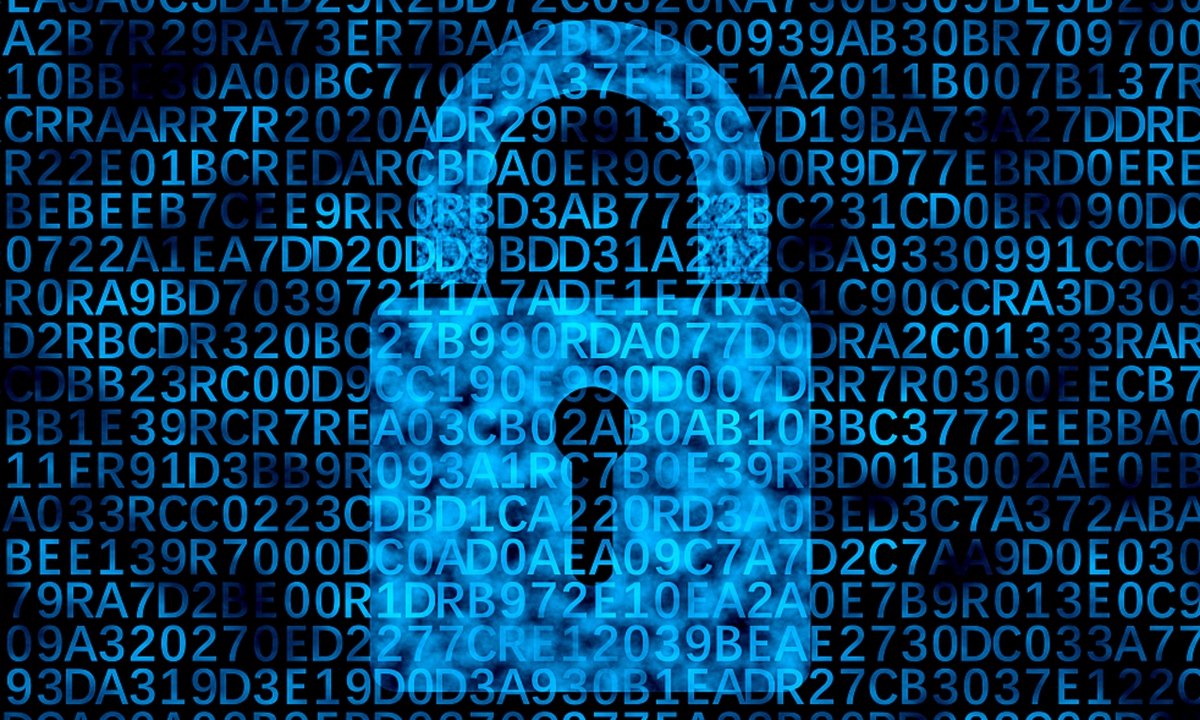China issues import licensing and export control list for commercial passwords
By Yin Yeping Source: Global Times Published: 2020/12/2 23:21:16

Password Photo: VCG
The Ministry of Commerce, the State Cryptography Administration and the General Administration of Customs jointly announced on Wednesday the decision to impose an import licensing and export control list for relevant commercial passwords, marking the government’s determination to further safeguard commercial password technology in import and export management.
The decision was made in accordance with the relevant provisions of the password law, the export control law and the customs law of China in order to safeguard national security and social and public interests, according to a statement from the three governmental authorities. This new list will come into effect on January 1, 2021.
The commercial cipher export control list covers security chips, cipher machines (cipher cards), cryptographic VPN devices, key management products, special-purpose cryptographic devices, quantum cryptographic devices, cryptographic analysis devices, and other corresponding software and technology, the statement said.
In addition to exports, some critical devices such as encrypted telephones and fax machines, password machines and VPN equipment are included in the list.
The statement came about a year after the authorities announced the plan in December, 2019. Previous lists will be annulled.
This control list comes with the rising significance of further strengthening safeguards not just for highly classified information but also Chinese self-developed technologies in areas such as military applications, governmental networks and education and scientific research, Xiang Ligang, director-general of the Beijing-based Information Consumption Alliance, told the Global Times.
“In terms of imports, we need to better understand the equipment we use and whether it has security certification or if might have illegal technical backdoors in highly classified areas,” said Xiang.
“On the export side, we want to be sure that if some important domestic technology and classified data is leaked, that it will be subject to special supervision from the government,” added Xiang.
China has seen rapid progress in its independent research and development of new technology but this has also led to a hostile approach from the US.
“In the past, we were not very strict with the exports of such products, but not anymore, especially after the US tightened its control on the import and export of technologies to Chinese companies,” said Xiang.
Posted in: INDUSTRIES